The publication of Jonah Goldberg’s new book The Tyranny of Clichés has brought forth a number of responses from liberals and progressives, many of them either essentially proving Goldberg’s point or entirely avoiding grappling with the book’s substance. The latest entrant is Tim Noah, now writing with The New Republic, who seeks to offer a companion to Goldberg’s collection of liberal clichés with his own “conservative clichés.” It is clear from the column that Noah either (1) did not read the book, (2) completely missed its point, or (3) simply could not come up with counter-examples of the same type.
If you haven’t read The Tyranny of Clichés, Goldberg has not set out to gather liberalism’s strongest, weakest, most ideological or most fact-challenged arguments and contest them, but rather to focus on criticizing a particular type of liberal argument, arguments that (1) pretend not to be liberal or (2) pretend not to be arguments at all. He also takes on a variety of the kinds of shopworn slogans that sound like truisms and are often found on bumper stickers, but don’t stand up to even the most minimal scrutiny if taken seriously – the sort of thing Bill James used to do with old saws like “baseball is 75% pitching.” One of his main points is how these clichés allow people posing as something other than political ideologues to spread an explicitly political ideology without seeming to do so. And, as with his prior book Liberal Fascism, he puts a lot of effort into illustrating the intellectual and political history of the clichés he’s discussing, history that is often ignored by the people deploying them. Front and center are his critiques of clichéd claims by liberals to be pragmatic, non-ideological, without labels and opposed to dogmas. These are big-picture themes, themes that often suffuse how modern liberal-progressivism is presented in academia and popular culture.
Noah, by contrast, sets his sights mainly on explicitly ideological arguments in the immediate political context of the day, thus missing the point completely.
For example, a number of Noah’s beefs are with politicial euphemisms like “Broaden the tax base” and “Job creator”. Goldberg takes a few shots of his own in the book at euphemisms, which are pervasive on both sides of the aisle, but it’s not even close to the point of the book. Noah’s entry on “job creator” is, in fact, just an excuse for him to exhume the phrase “trickle down economics,” which Democrats have been using as a euphemism of their own for so long that Wikipedia traces it back to William Jennings Bryan’s Cross of Gold speech at the 1896 Democratic Convention.
Others are simply things Republicans say that Noah disagrees with, like “If you tax something, you get less of it” (Noah offers the stinging riposte that if you tax land, you won’t have less land, which is thuddingly obvious but at the same time ignores the fact that most property taxes are pegged to the developed value of property) or “The bigger the government, the smaller the citizen,” which he does not even try to grapple with.
In other places, Noah simply snipes at terms like “central planning” and “mainstream media” that he feels Republicans use too selectively.
Noah argues that the phrase “Kicking the can down the road” is a cliché used by both sides to refer to failing to solve the budget deficit, although he doesn’t even address the main current conservative usage of the term to refer to failing to fix entitlements.
Finally he snipes at the phrase “War on Christmas,” which is basically a Fox News shorthand for a longstanding cultural and legal battle over how a predominantly but not exclusively Christian country celebrates Christmas. You can argue that this is a silly term for this particular controversy, but basically everyone associates this phrase with Fox News, which makes it the very opposite of the kind of insidious stealth argument Goldberg grapples with.
This is not to deny that there are such things as conservative clichés, bumper-stickerisms that oversimplify issues and fail to stand up to even basic logical scrutiny the way so many of Goldberg’s targets do (e.g., “America: Love it or Leave it”). But the fact that Noah – a veteran liberal pundit writing in a venerable liberal magazine – cannot come up with even a vaguely comparable list simply underlines Goldberg’s central thesis about the asymmetry between how conservatives and liberals approach the elaboration of their own ideas:
Liberals aren’t oriented toward their own intellectual history the way conservatives are. This has the result of making them more, not less, dogmatic. Indeed, they are so dogmatic, they can’t see it. They think they’re ideology free. This is the lie liberals tell themselves and then everyone else: “We’re not ideological, we’re pragmatists!”

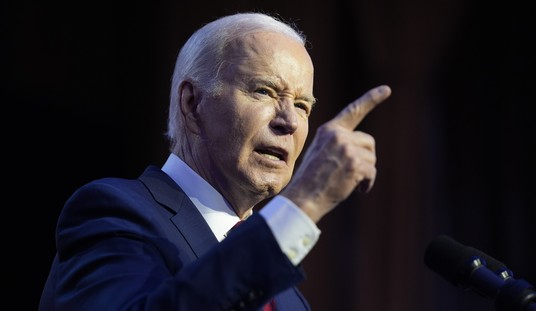
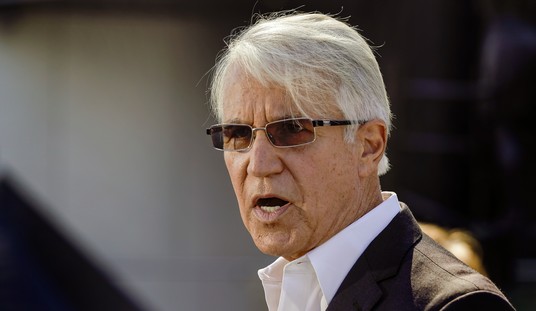
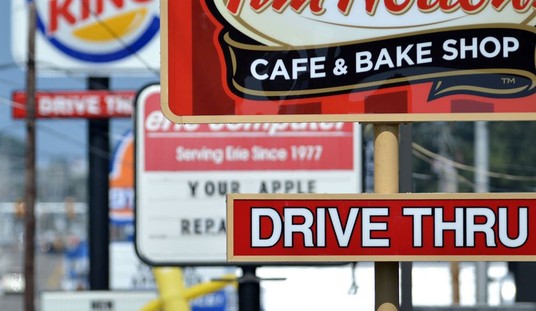


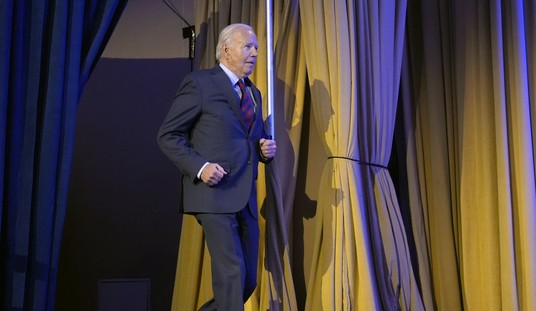


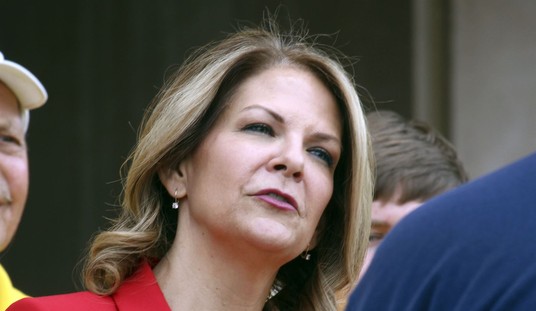




Join the conversation as a VIP Member